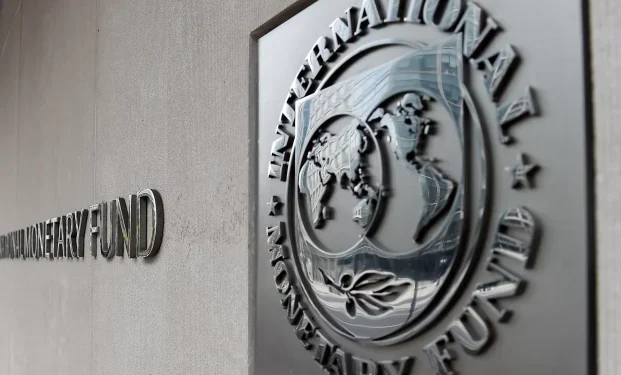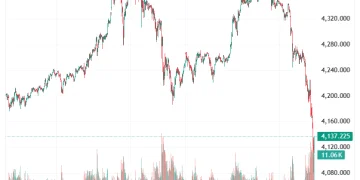IMF Urges Fiscal Discipline and Structural Reforms as Eswatini’s Growth Outlook Strengthens
The Executive Board of the International Monetary Fund (IMF) has concluded its Article IV Consultation for the Kingdom of Eswatini, projecting an improvement in near-term growth while underscoring the country’s persistent economic and social vulnerabilities.
Eswatini’s economy slowed to 2.8% in 2024 from 3.4% in 2023, weighed down by fiscal imbalances despite historically high Southern African Customs Union (SACU) revenues. Headline inflation eased to an average of 4% in 2024, reflecting lower housing, utilities, food and beverage costs. The external current account surplus narrowed to 1.3% of GDP, while gross international reserves remained below adequacy thresholds. The fiscal deficit widened to 1.3% of GDP, with public debt rising moderately to 39.2% of GDP in FY24/25, though borrowing costs remain elevated relative to regional peers.
The IMF projects growth to accelerate to 4.3% in 2025 and 4.6% in 2026, driven by domestically-financed public and private capital projects. Over the medium term, however, growth is expected to ease to 2.8% without decisive structural reforms. Inflation is projected to average 3.5% in 2025 before rising in 2026 on the back of electricity tariff hikes.
Directors welcomed the improved near-term outlook but highlighted daunting challenges, including unemployment at 34%, youth unemployment of 58%, high inequality, and a poverty rate of 59%. They called for prudent fiscal policies, strengthened domestic revenue mobilization, civil service and public enterprise reforms, and improved public financial management to contain debt and create space for social and development spending.
The IMF also recommended closer alignment of monetary policy with the South African Reserve Bank to protect the exchange rate peg, alongside strengthening reserve buffers and modernizing the policy framework. On the financial sector, Directors urged faster implementation of oversight reforms, including the operationalization of the deposit insurance scheme and Emergency Liquidity Assistance facility.
Directors stressed that catalyzing private-sector led growth requires a better business environment, closing infrastructure and skills gaps, and sustained efforts to enhance governance, AML/CFT compliance, and data quality.








